Deepfakes are becoming a bigger danger to India, a country with a lot of digital activity and a growing number of people who are online. With the help of AI, these fake media products can change audio and video to make it look like someone said or did something that they didn't. Deepfakes have many effects, including concerns about harassment, false information, and even election fairness.
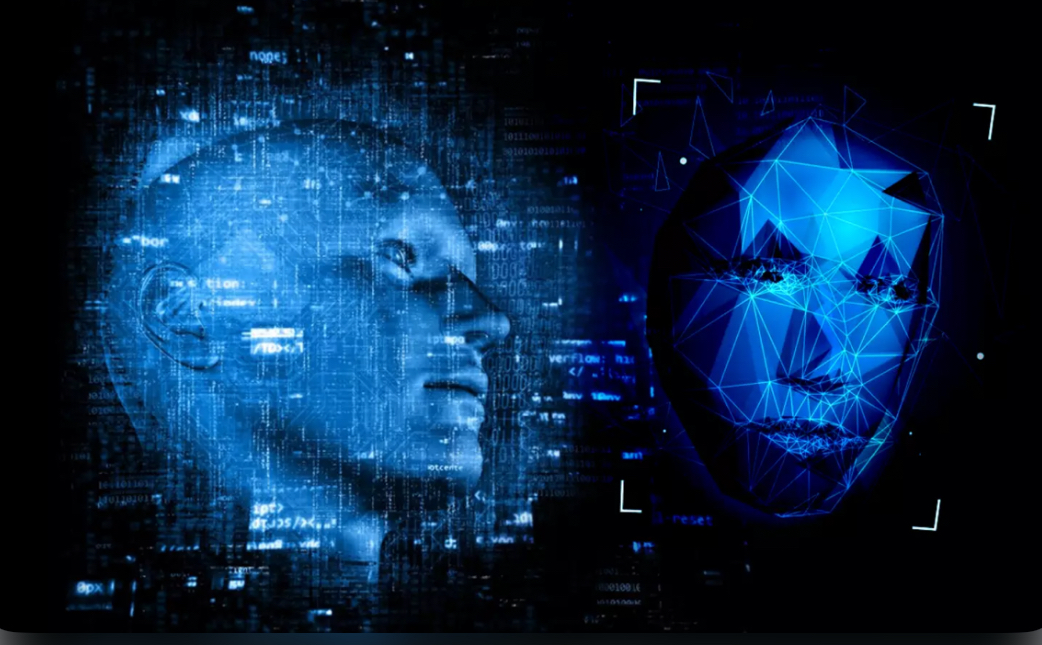
A Country Facing Deepfakes
The results of McAfee's poll are scary. A poll of Indians found that about 22% had seen a political deepfake, which shows how common this type of technology is for tricking people. Misuse is possible in areas other than politics, and there are concerns about:

Online bullying (55% of cases): Deepfakes can make bad material that targets and bothers people.
Containing fake pornographic material (52%); The ability to put someone's likeness in dangerous scenarios without their permission is a big privacy and moral issue.
election interference (31% of cases): When deepfakes show politicians in a bad light, they can change people's minds and hurt the democratic process.
There's a good reason for these worries. According to the study, there are more fake scams. 38% of those who answered the survey saw them, and 18% fell for them. It's clear that strong cybersecurity measures are needed to find and stop these kinds of threats.
What AI Does to Power Deepfakes and the Rise of the Machines
With the advent of new AI technologies, making fakes has become much easier. Large language models can produce text that sounds real, and text-to-image generators can create pictures using written explanations. Because of these improvements, deepfakes are now cheaper and easier to get, which could help them spread.
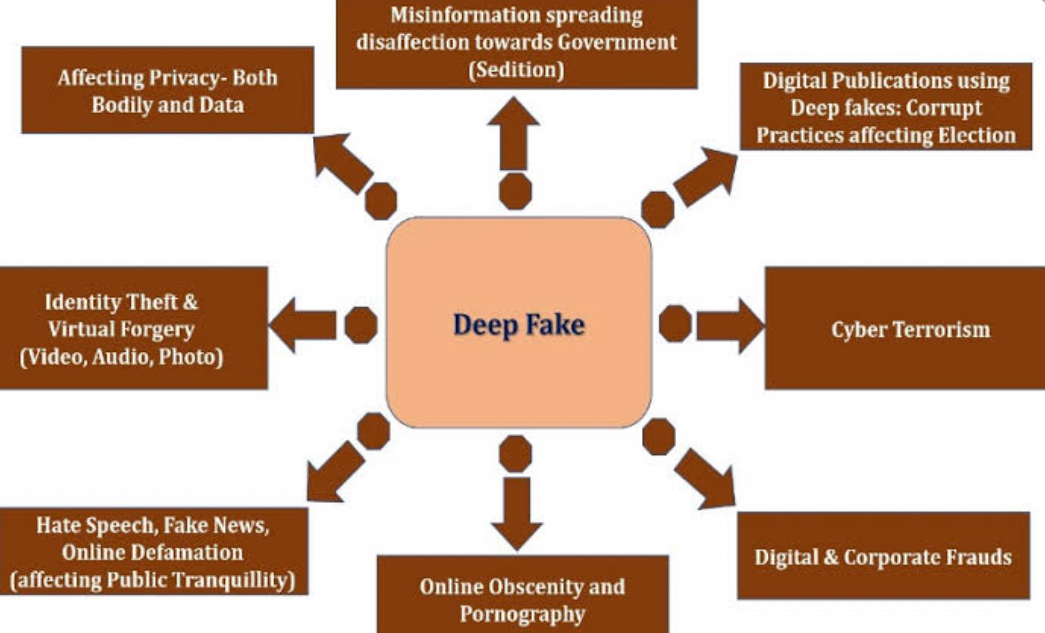
It's even more difficult for social media sites to find and report deep-fake content, which makes things even more complicated. This shows the importance of a multifaceted strategy that includes technological solutions, educating users, and maybe even legal frameworks.
Deepfakes and Indian Elections: A Perfect Storm
Deepfakes could have a significant impact on elections in India, which is a democracy with a large number of people who vote online. It is said that big tech companies are working on AI protocols to stop deepfakes in future US elections, but Indian voters don't seem to be getting ready for anything like that. Because they aren't prepared, they can be swayed during important elections.
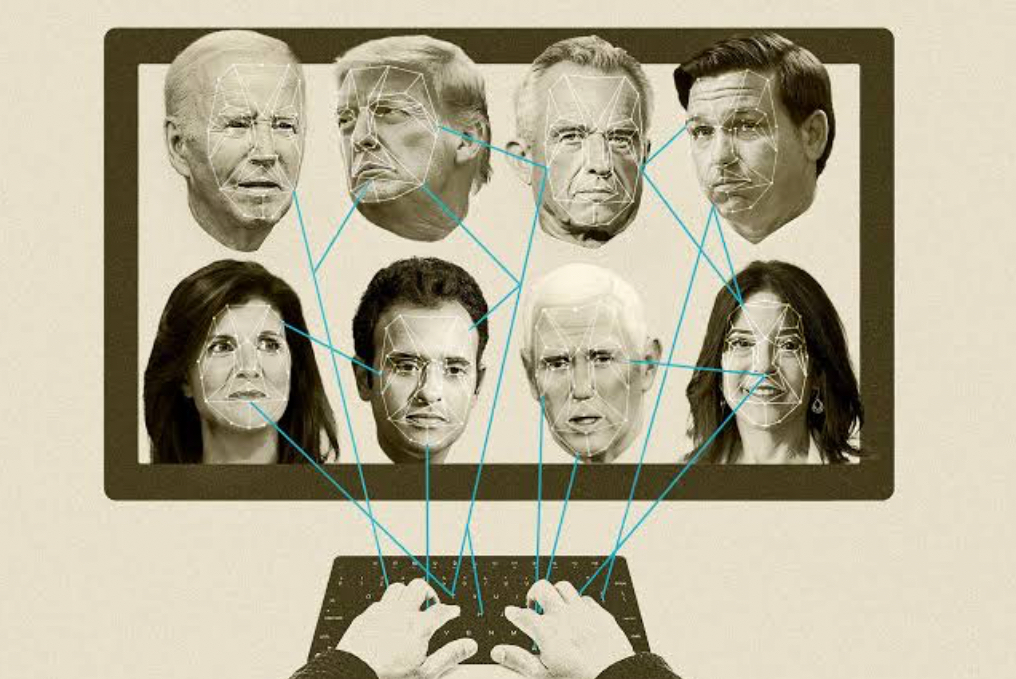
According to the story, there are also "paid troll armies" that spread deepfakes on social media, especially on WhatsApp and Telegram. Because it's so easy to share content that hasn't been checked, these groups take advantage of the fact that deepfakes can spread even more and cause problems in public speech.
Beyond Politics: The Effects on Society and Culture
There are many areas where deepfakes can be used to trick public figures, not just politicians. Deepfakes have been sent to Indian stars like Rashmika Mandanna, Aamir Khan, and Virat Kohli. This can hurt their image and make them feel terrible emotionally.

Additionally, deepfakes can make social problems worse. Because people are concerned about harassment, they create fakes that can be used to bother and scare people. The fact that fake pornographic material could be made raises major privacy concerns and can hurt the victims.
Getting the two together: media literacy and AI tools
Only 30% of Indians who answered the McAfee poll were sure they could spot deepfakes, which shows a serious lack of media literacy. This demonstrates how important it is for campaigns to teach people how to think critically about media material.
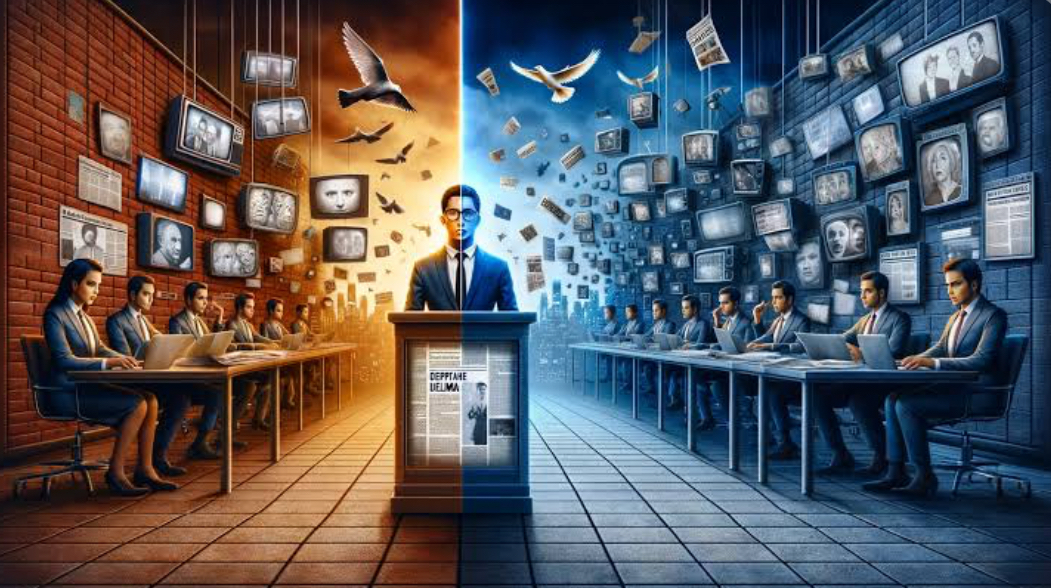
Of course, schooling might not be enough on its own. The study emphasizes the importance of quickly developing advanced AI tools that can find and stop deepfakes. AI for good is a powerful tool in the fight against false information.
What We Need to Do on the Road Ahead
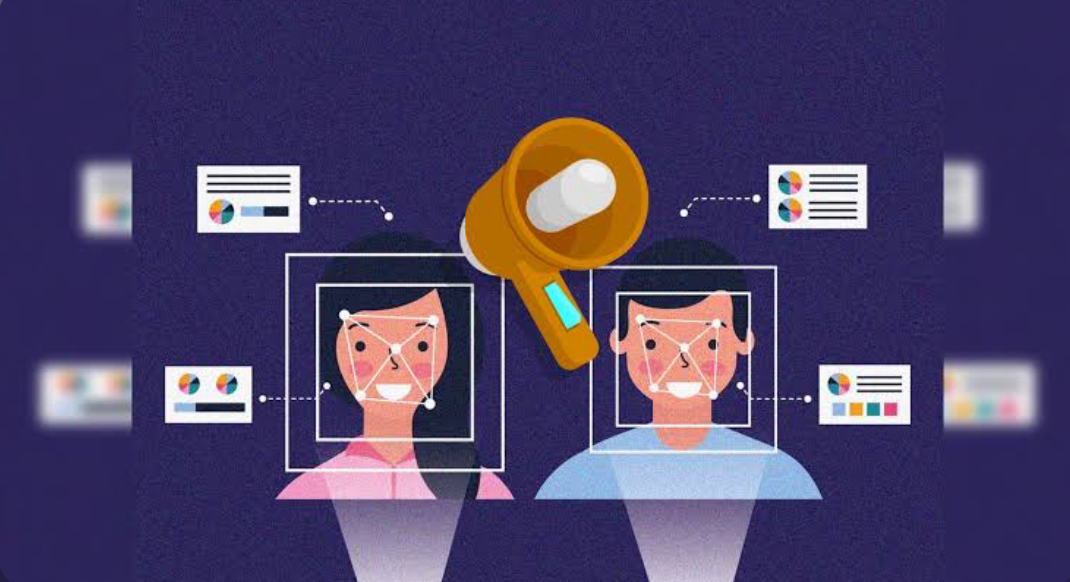
The rise of fake news poses a serious problem for India. To successfully deal with this problem, a multifaceted approach is needed.
To improve media literacy: people can learn how to critically evaluate online material and spot deepfakes through public education campaigns.
Making AI-based solutions: Spending money on AI tools that detect deepfakes can greatly reduce the spread of false information.
Being Responsible on Social Media: To find and report deepfakes on their sites, social media companies need to take tougher steps.
Frameworks for laws:Think about possible legal models to deal with the abuse of deepfakes while protecting freedom of speech.
The danger of deepfakes is always changing, so India needs to be proactive in how it responds. India can lower the risks of deepfakes and make sure its citizens have a safe and healthy digital environment by teaching people how to use media, creating technology solutions, and being responsible online.
For more: https://vygrnews.com/tech/surgeincyberattackstargetingindianorganizations
Image Source: Multiple Agencies
Inputs from Agencies
© Copyright 2024. All Rights Reserved Powered by Vygr Media.




















